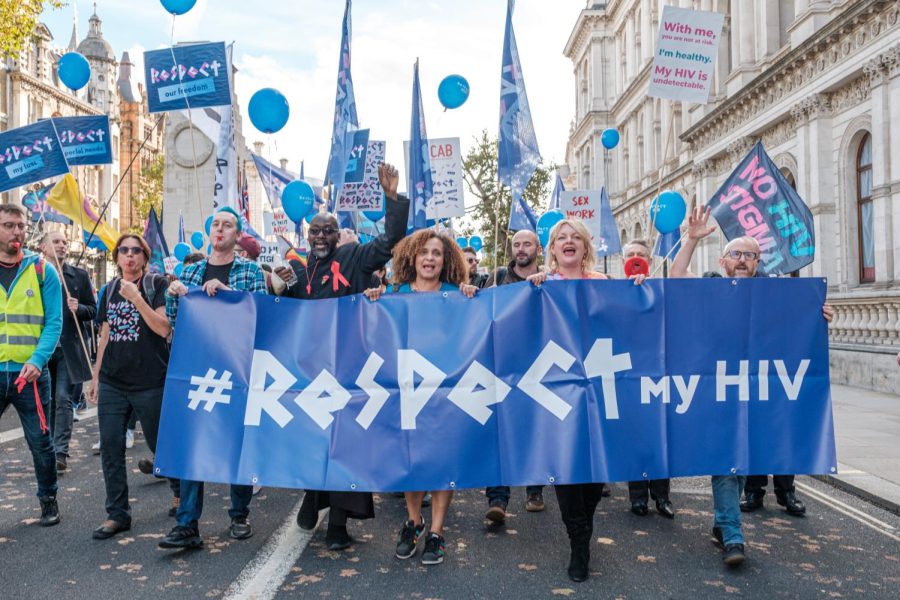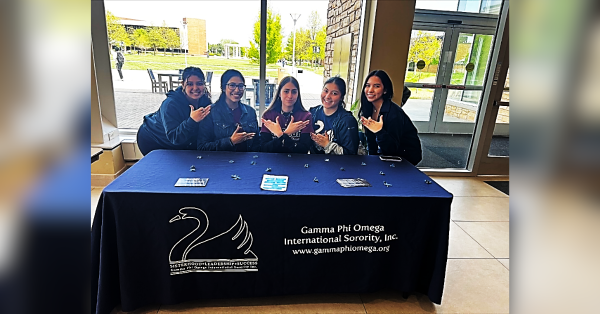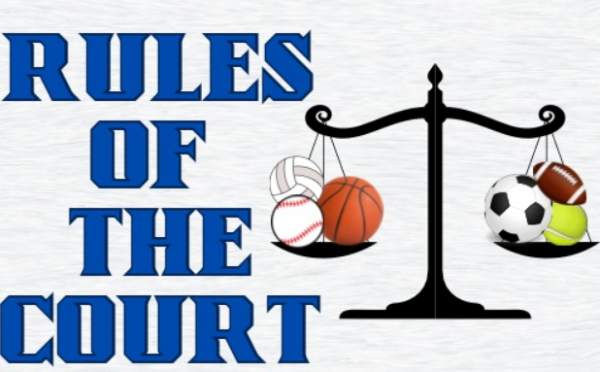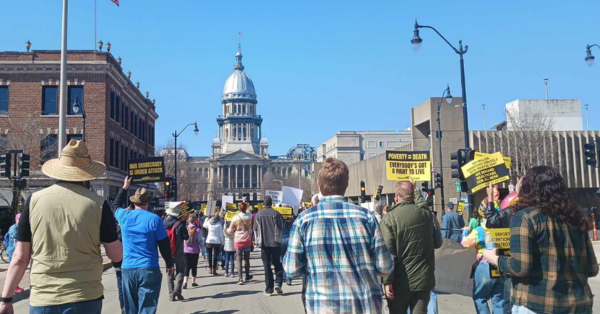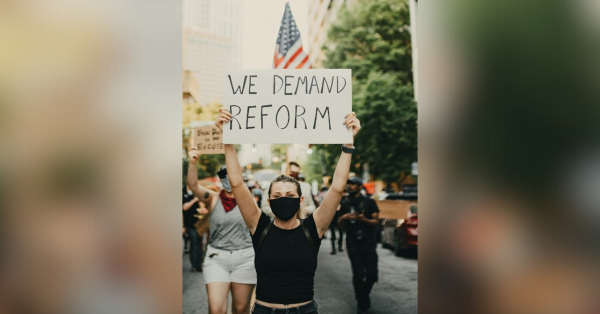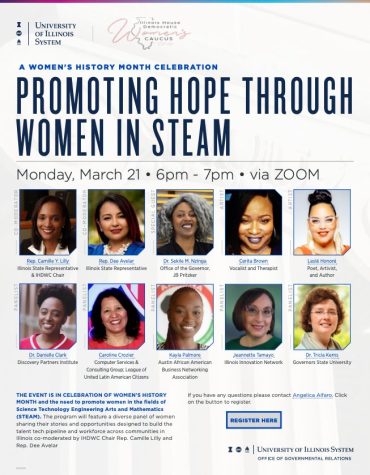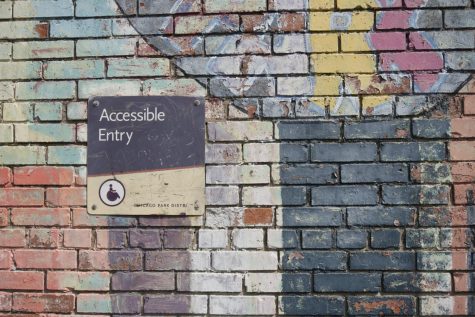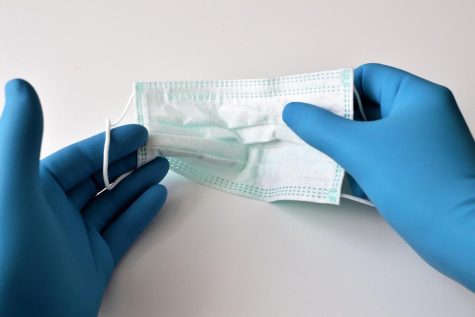National Black HIV Awareness
National Black HIV/AIDS awareness day was last Tuesday, Feb 7, 2022. It marks a day to share resources and information to benefit and support black individuals with HIV/AIDS, and do our best to stay informed on how HIV/AIDS affects Black communities. For those who do not know, HIV stands for Human Immunodeficiency Virus, and AIDS stands for Acquired Immunodeficiency Syndrome. HIV is the initial infection that can be passed through blood and bodily fluids, with sexual contact being a common transmission method alongside sharing needles. Black individuals made up about 42% of the 36,801 new HIV diagnoses in the U.S. in 2019, highlighting the degree to which HIV affects Black communities. Despite HIV being incurable, it can be treated over time for individuals to lead long, healthy lives.
Despite the large amounts of information present on HIV/AIDS diagnoses and treatment, there remain a great number of misunderstandings and unhealthy social pressures. The Black community can contribute to strict masculine norms, and this pressure, paired with an unsafe environment for learning safe sex methods and behaviors, can lead to the potential for unprotected sex. This unfortunately raises the risk for HIV transmission, more so than in cultural groups and/or communities that are more accepting of homosexual relationships. The first step that needs to be taken to help control the HIV/AIDS spread is making people aware of testing opportunities and treatment access near them. For example, the Illinois Department of Public Health has a search feature to help individuals find HIV/AIDS testing sites nearest to them.
There is no shame in starting small on an individual scale as well, and the best way to do this is through education and support. Many times, due to social stigma, information on HIV/AIDS gets lost in the sea of personal opinions and judgments of those with HIV/AIDS, especially in the Black community. On the UIS campus, sharing resources, offering testing site information, and referring those who are in need of support to the Gender & Sexuality Student Services (GSSS) center, can help those who need a sense of community and assistance to get help. Another resource available locally is the Phoenix Center in Springfield, which offers answers to frequently asked questions, as well as important relevant information to give allies a better understanding on how to help. Stigma is a hard thing to reduce on a large scale, and the stigma surrounding HIV/AIDS has been longstanding and the negative connotations have been engrained at this point. The best we can do is break down the stigma every chance we can by informing each other on the truths about HIV/AIDS, and providing resources where we can to help our peers be better allies. Whether you are personally dealing with HIV/AIDS or not, we are all in this together, and you have the support of your peers and university along the way.

